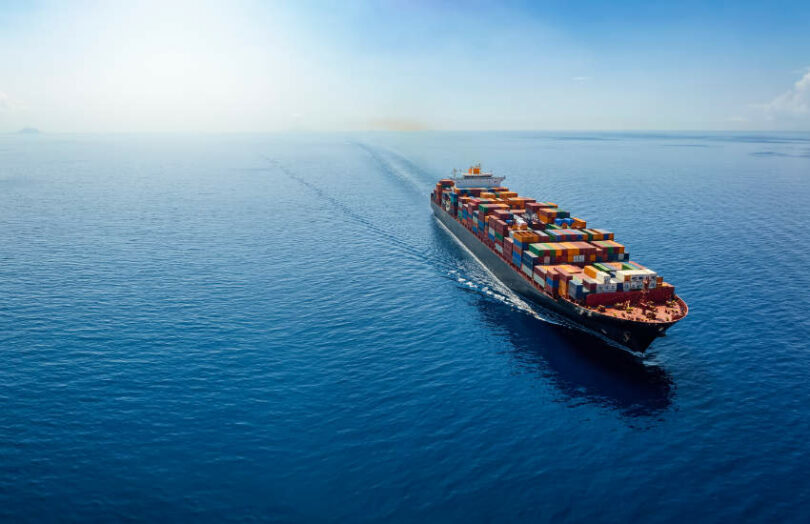Yesterday, the FIT Alliance launched the “Declaration of the electronic Bill of Lading” (eBL) to get global commitments to digitalize trade. Eight out of ten eBL solutions use blockchain.
Earlier this year FIT Alliance member, the Digital Container Shipping Association (DCSA), secured commitments from nine of the ten largest container shipping carriers to adopt eBLs. The proportion will be 50% electronic in five years and 100% in ten years.
The FIT Alliance behind the eBL promotion includes the International Chamber of Commerce (ICC), Swift, DCSA, bulk shipping association BIMCO and the International Federation of Freight Forwarders Associations (FIATA).
There’s a lot of inefficient paper-based processes and documentation involved in trade, but the bill of lading is foundational as it represents ownership of the cargo in transit. Once that is electronic, the rest will follow. In 2022, just 2.1% of the 45 million bills of lading and waybills were digital. That’s a big improvement over 2021 when it was 1.2%. And these small numbers are despite COVID and eBLs being around for years.
McKinsey predicted that eBL could lead to $6.5 billion in direct cost savings and $30 – $40 billion in global trade growth.
Two challenges have contributed to the slow eBL adoption. One has been a lack of legal recognition, although that is gradually changing around the world. Another is the ten diffrent eBL solutions are not interoperable. Or they weren’t. That means every trade participant potentially has to integrate with ten different eBL solutions. The DCSA and Swift are both working on interoperability, as are the eBL providers.
More eBL commitments
We privately discussed the challenge of setting a five year deadline for 50% eBL adoption. It’s human nature to wait until year four to start. Because bills of lading go through numerous parties, it’s not an easy or quick thing to introduce.
Another FIT Alliance member, BIMCO is addressing that challenge. It has a 25 by 25 pledge so that 25% of bills of lading will be eBLs by 2025. So far it has secured commitments from seven major mining firms, including BHP, RioTinto and AngloAmerican. Additionally 27 industry bulk carriers and participants have made the commitment. One of them is COSCO Shipping Bulk. COSCO Shipping was the only top ten container shipping carrier missing from the DCSA commitment.
Rounding that out, 26 of FIATA’s Association members have adopted the eFBL, their version of the eBL.
The purpose of the FIT Alliance “eBL Declaration” is to get other trade participants to act. That includes by their adoption of eBL standards and existing eBL solutions, as well as encouraging trade partners to do so. And they also want organizations to get involved in eBL standards development and promoting the eBL ’cause’.
In other eBL news, one of the eBL providers, WaveBL, secured a $26 million funding round in June.
The adoption of eBLs will also help with digitizing the trade finance sector. The past year has seen the failure of multiple blockchain trade related initaitives, including IBM and Maersk’s TradeLens. Widespread adoption of eBLs will mean the entire shipping sector goes digital and bodes well for the future.






